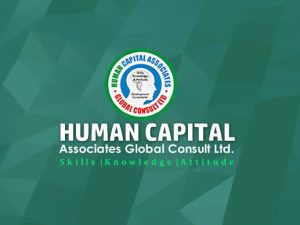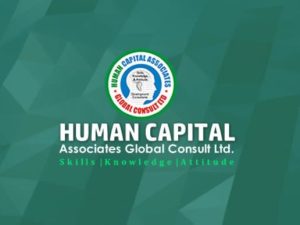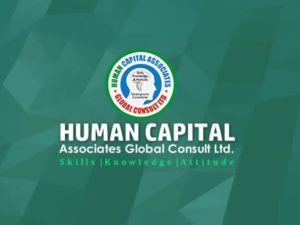Making Human Resource Practitioners Strategic Business Partners in the Organization
Successful organizations recognize that critical thinking and creative solutions to problems significantly enhance business potential.
Program Overview:
People’s performance is one of the critical factors for organizational success. Professional human resource managers must lead their organizations towards greater success through the selection, retention, development and align their human-capital resource towards achieving corporate goals and profitability while ensuring minimal waste in resources.
For whom:
Human Resource Managers, Career Development Managers, Manpower Development Managers, and other line Managers with a responsibility for coordinating people’s efforts for production activities.
Learning objectives:
At the end of the programme, participants will be able to:
- appreciate HR’s role as a vital contributor to your organization’s success
- discover strategies to attract and retain top talent
- examine best practices for managing performance and creating compensation, training and benefit systems that drive bottom-line results
- identify and deal with potentially explosive issues with an eye to both legal requirements and the needs of your organization’s business
- analyze HR issues and develop action plans you can implement in your organization
- see how HR and Non-HR functions in organizations can create an effective synergy in the work environment.
Course outline:
Day 1: The Changing Role of HR
- A useful historical review of personnel/HR, HR’s role today and beyond
- HR as a strategic business partner, ·Organizational and external trends and challenges
- The HR Function
- Key functional HR tasks in any organization, ·How HR relates to non-HR functions, HR trends and challenges
Day 2: Legal Responsibilities
- Employment-related legislation, ·Legal trends and challenges
- The Employment Process
- Key issues of employment concern for HR practitioners
- Matching applicants with job requirements and responsibilities
- Information Processing
- Employee handbooks
- Policies and procedures manuals
- Human Resources Information Systems (HRIS)
- Compensation / Reward Management
- Characteristics of an effective compensation system
- Job evaluations;
- Salary surveys,
- Traditional and dynamic compensation programs
Day 3: Performance Management
- Objectives of performance management systems
- Coaching and counseling
- Performance management components and guidelines,
- Emerging performance management trends, ·
- Maintaining a cost-effective emphasis
- Organizational and Employee Development
- Types of employee training, Career development,
- Succession planning, Employee retention strategies,
- Trends and challenges in organizational and
employee development
- Integrating H.R. practice into company business strategy
- Understanding your role in the organization and creating your action plan
Training Methodology
Lectures, discussions, exercises, and case studies will be used to reinforce these teaching/learning methods.
Related Courses






